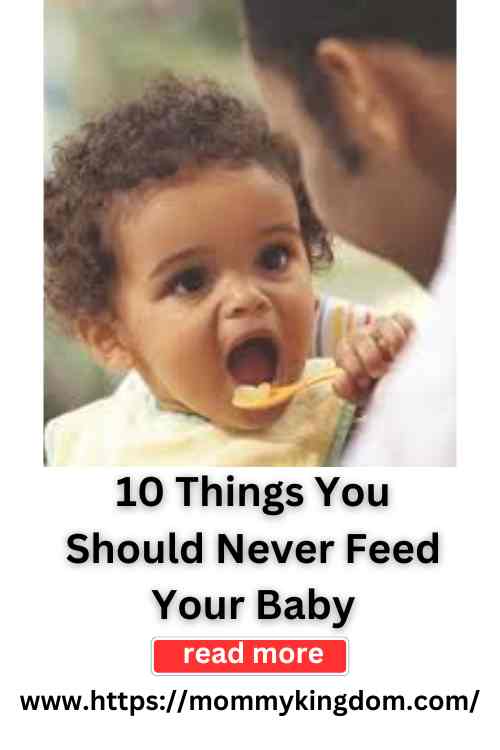In this comprehensive article, we discuss ten harmful things you should never feed your baby. Learn about potential risks and better alternatives to ensure your baby’s health and safety.
As a new parent, ensuring your baby’s health and well-being is of utmost importance. One crucial aspect of baby care is providing a nutritious and safe diet. However, there are several foods and substances that are harmful to babies and should be strictly avoided. In this article, we will explore ten things you should never feed your baby, backed by expertise and credible sources. Let’s dive in and make informed decisions to safeguard our little ones’ health.
1. Honey – A Sweet Caution
Honey is a delicious natural sweetener enjoyed by many, but it poses significant risks to babies under one year old. It may contain spores of Clostridium botulinum, which can lead to infant botulism, a rare but potentially life-threatening illness. Babies’ digestive systems are not fully developed to handle these spores, making honey unsafe for them. It’s essential to refrain from giving honey to infants until they reach their first birthday.

2. Cow’s Milk – A No-Go for Infants
While cow’s milk is a staple for adults and older children, it is not suitable for infants below one year of age. Cow’s milk lacks essential nutrients that growing babies need, such as iron and vitamin E. Moreover, the high protein and mineral content in cow’s milk can put a strain on an infant’s immature kidneys, leading to dehydration. Breast milk or formula is the best choice for babies during their first year.
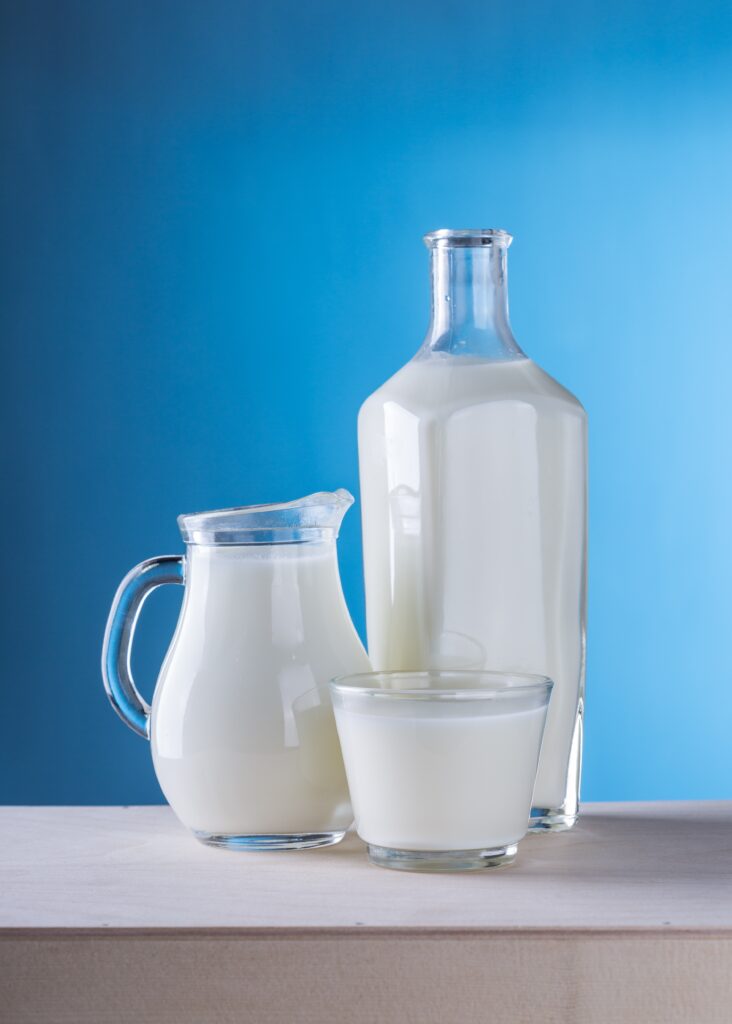
3. Salt and Sugar – Minimize, if Not Eliminate
Excessive salt and sugar intake is harmful to anyone, and babies are no exception. Their tiny kidneys are not equipped to handle high amounts of salt, and too much sugar can set the stage for unhealthy eating habits later in life. Avoid adding salt and sugar to your baby’s food, and be cautious of processed foods that may contain hidden sugars and sodium.
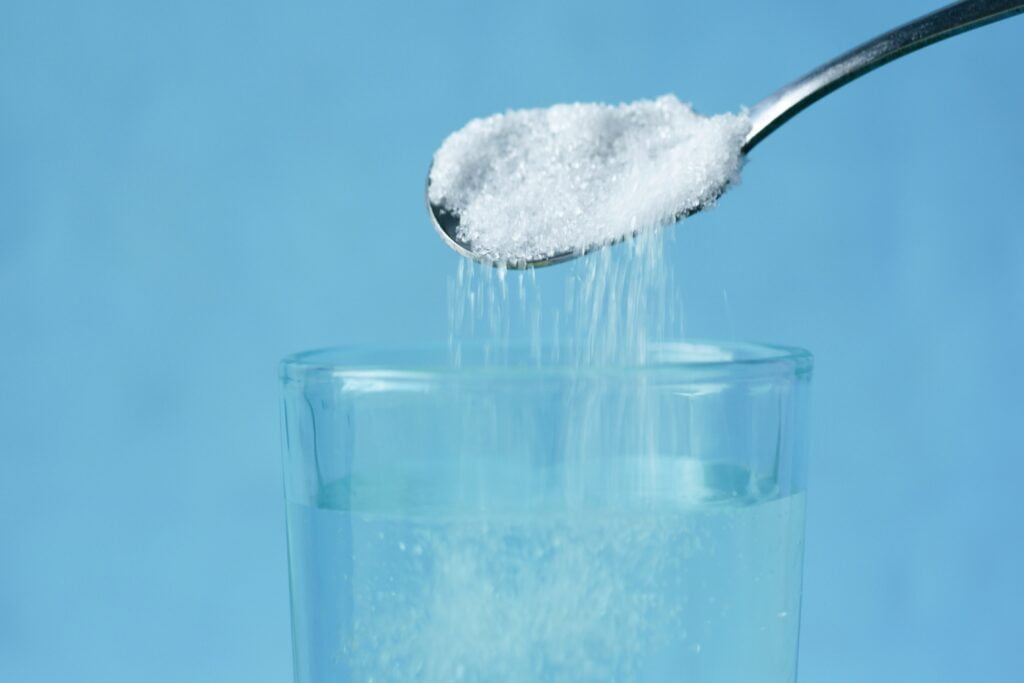
4. Choking Hazards – A Baby-Proof Diet
As babies start exploring solid foods, it’s crucial to be mindful of potential choking hazards. Foods like whole grapes, nuts, popcorn, and chunks of raw vegetables should be avoided. Always ensure that food is cut into small, manageable pieces, and closely supervise your baby during mealtimes to prevent choking incidents.
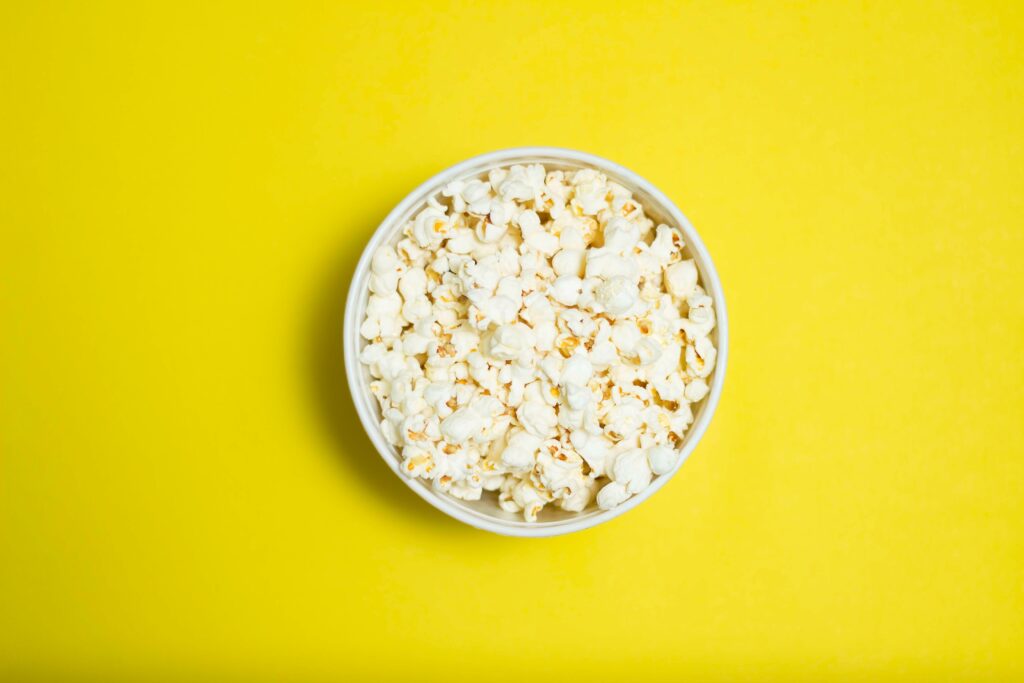
5. Unpasteurized Foods – A Risky Choice
Unpasteurized foods, such as raw milk, cheese, and juices, carry a higher risk of foodborne illnesses. Babies have weaker immune systems, making them more susceptible to infections caused by harmful bacteria like E. coli and Salmonella. Opt for pasteurized and properly cooked foods to reduce the risk of foodborne illnesses.

6. Caffeine – Keep It Away

Caffeine is a stimulant that can negatively affect babies’ delicate systems. It can lead to irritability, trouble sleeping, and an increased heart rate. Avoid giving your baby any beverages or foods containing caffeine, such as coffee, tea, soda, and chocolate.
7. Allergenic Foods – Introduce Gradually
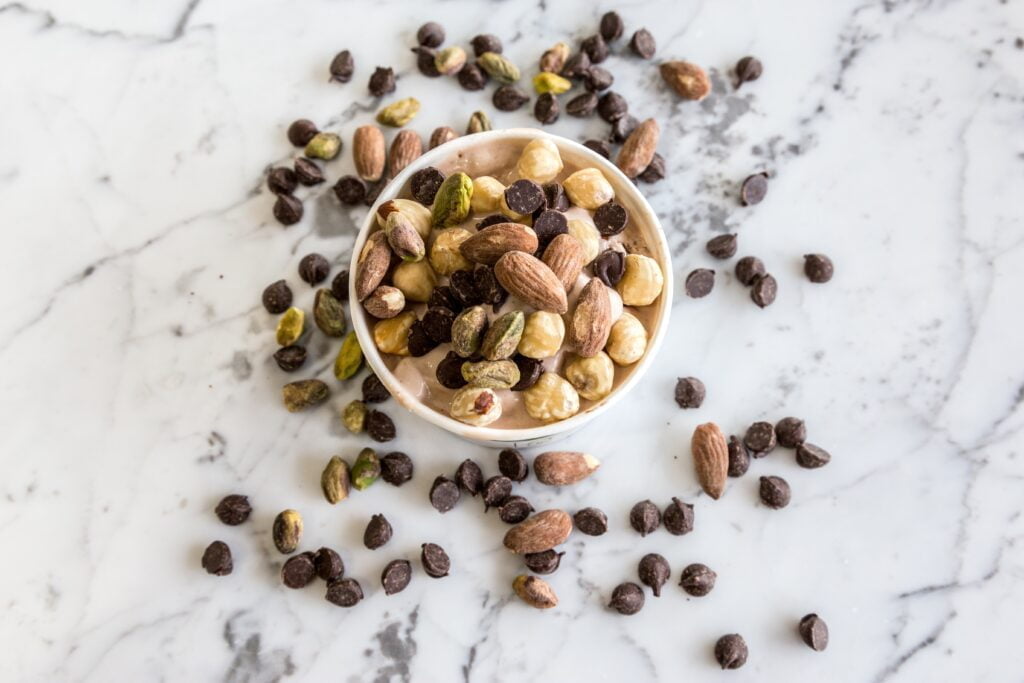
When it’s time to introduce solid foods, do so with caution, especially for allergenic foods like peanuts, tree nuts, eggs, fish, and shellfish. Introduce one new food at a time and observe for any allergic reactions. If your baby has a family history of allergies, consult with a pediatrician before introducing these foods.
8. Sugary and Fatty Snacks – A Recipe for Health Issues
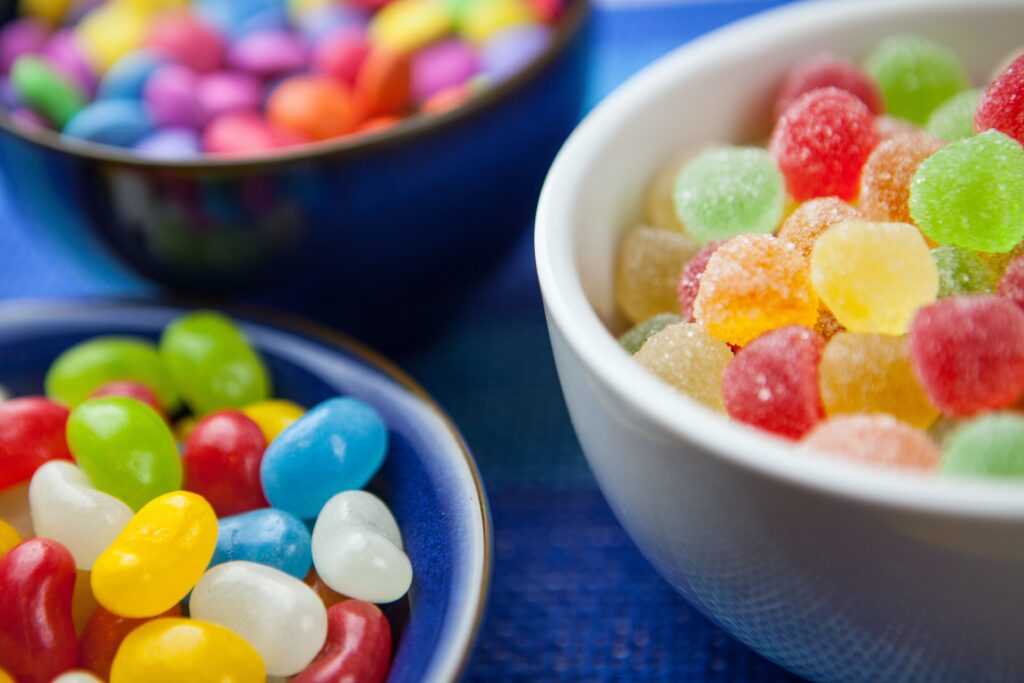
Sugary and fatty snacks, such as candies, cookies, and chips, offer little nutritional value and can contribute to obesity and dental issues. Limit these unhealthy treats and focus on offering fruits, vegetables, and whole grains as healthy snack alternatives.
9. Processed Foods – Beware of Hidden Ingredients
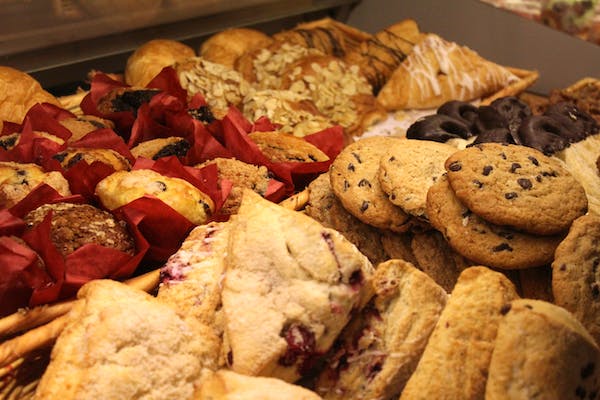
Processed foods often contain high levels of salt, sugar, and unhealthy fats. Additionally, they may contain preservatives, artificial colors, and flavors that can be harmful to babies. Opt for homemade and fresh foods whenever possible, as they provide better nutrition and fewer additives.
10. Spicy and Strongly Flavored Foods – Gentle on Tiny Tastebuds
Babies have sensitive taste buds, and introducing spicy or strongly flavored foods too early can be overwhelming for them. Stick to mild and easily digestible foods, gradually introducing new flavors as your baby grows and develops.
Conclusion
Feeding your baby the right foods is vital for their growth and development. By avoiding the ten things mentioned in this article, you can create a safe and nutritious diet that sets the foundation for a healthy future. Remember to consult with a pediatrician if you have any concerns or questions about your baby’s diet. Let’s prioritize our little ones’ well-being and make informed choices for their health and happiness.
FAQs
Q: Can I give my baby small sips of water before six months?
A: It’s best to exclusively breastfeed or use formula for the first six months. Water is unnecessary and may fill up your baby without providing essential nutrients.
Q: Are there any non-dairy milk alternatives suitable for babies?
A: Yes, you can use fortified soy milk or almond milk, but it’s essential to consult with a pediatrician to ensure adequate nutrition.
Q: When can I introduce eggs to my baby?
A: Most babies can safely eat eggs at around 6 to 8 months. Start with a small amount and watch for any allergic reactions.
Q: Can I feed my baby homemade fruit juices?
A: It’s better to offer whole fruits instead of fruit juices, as juices lack fiber and can contribute to tooth decay.
Q: Is it safe to give my baby fish?
A: Fish can be introduced to babies at around 6 to 8 months, but avoid high-mercury fish and opt for low-mercury varieties like salmon and cod.
Q: How can I ensure my baby gets enough iron in their diet?
A: Iron-fortified cereals, pureed meats, and beans are excellent sources of iron for babies. Consult your pediatrician for personalized recommendations.
